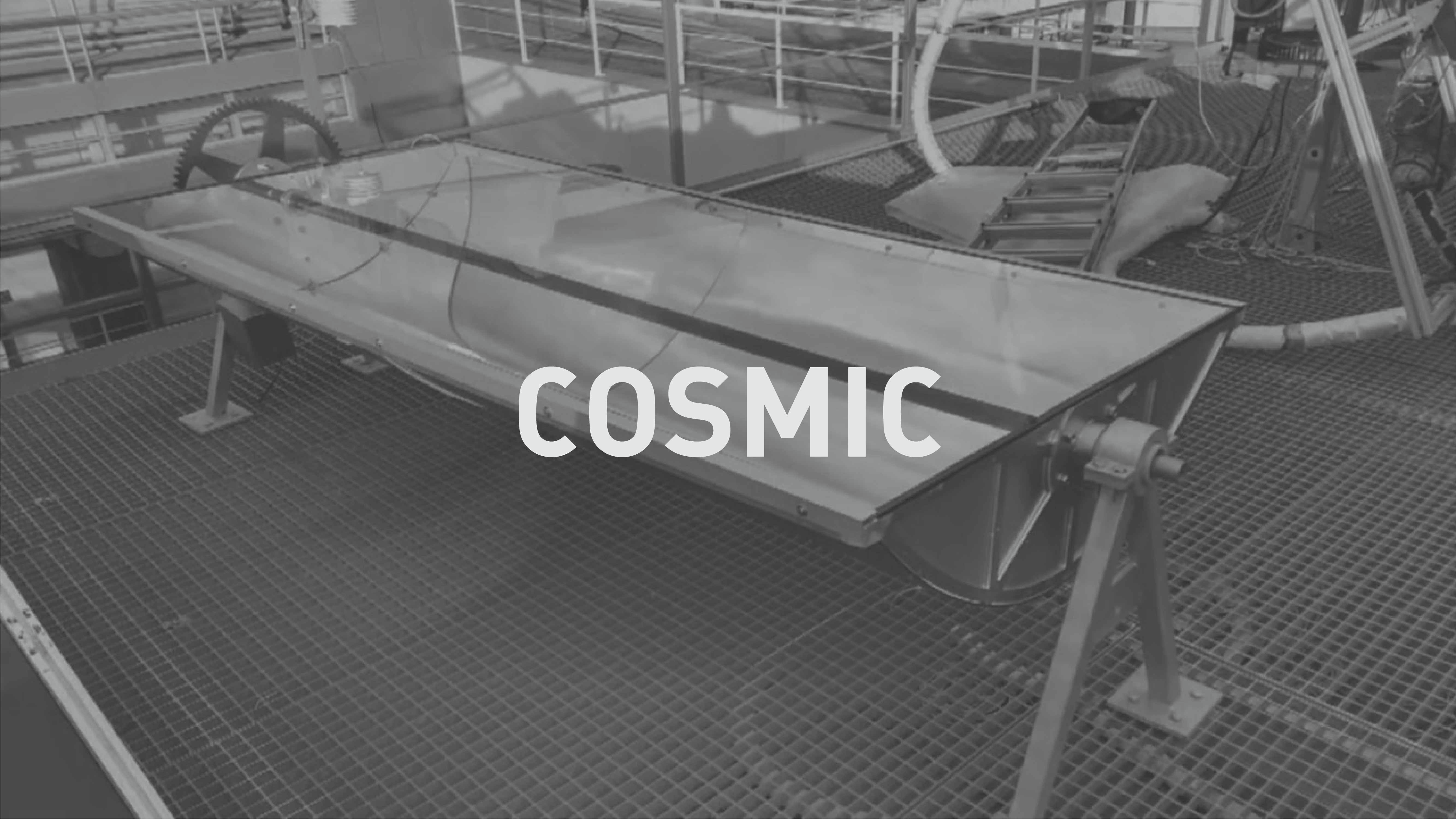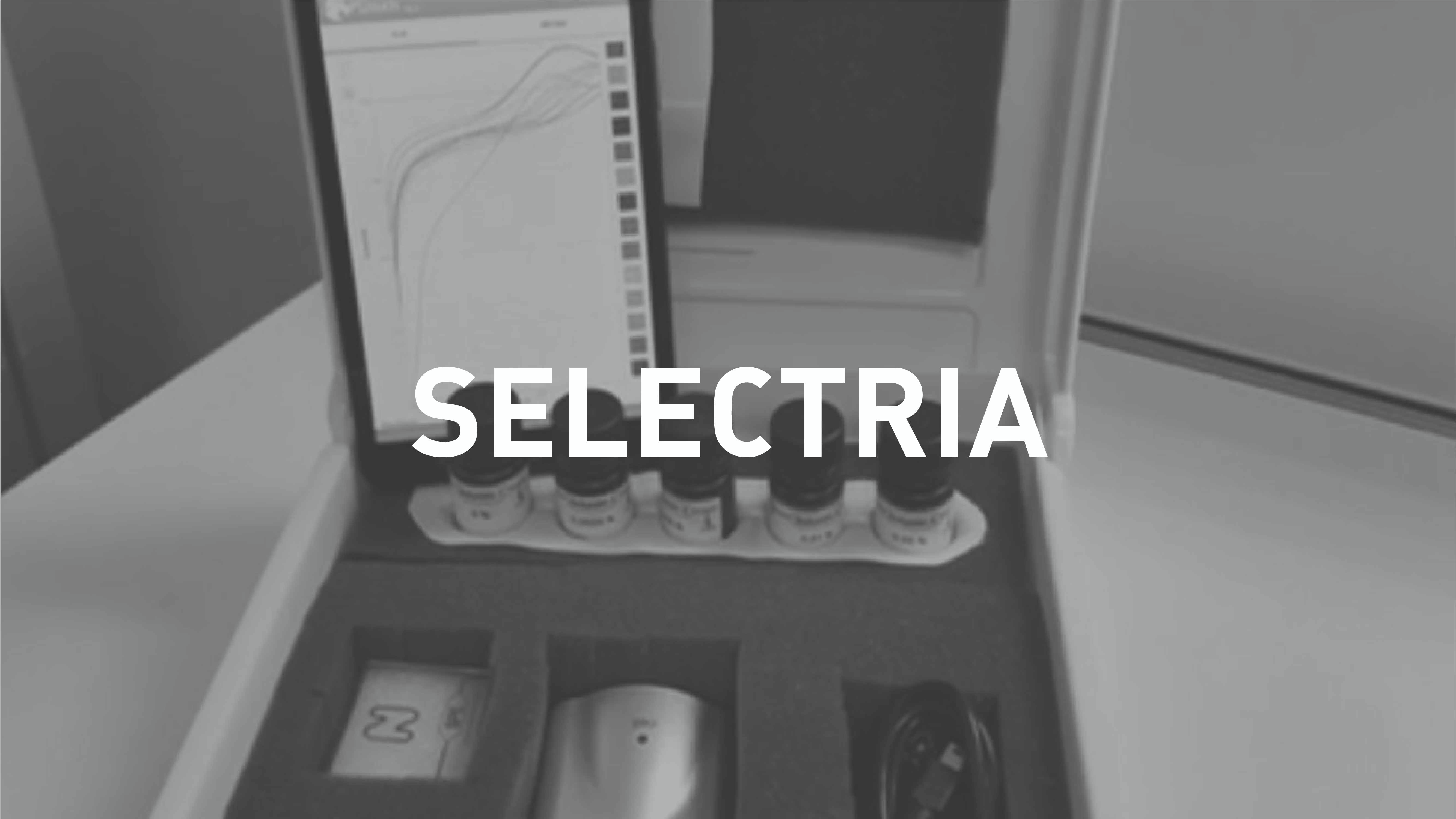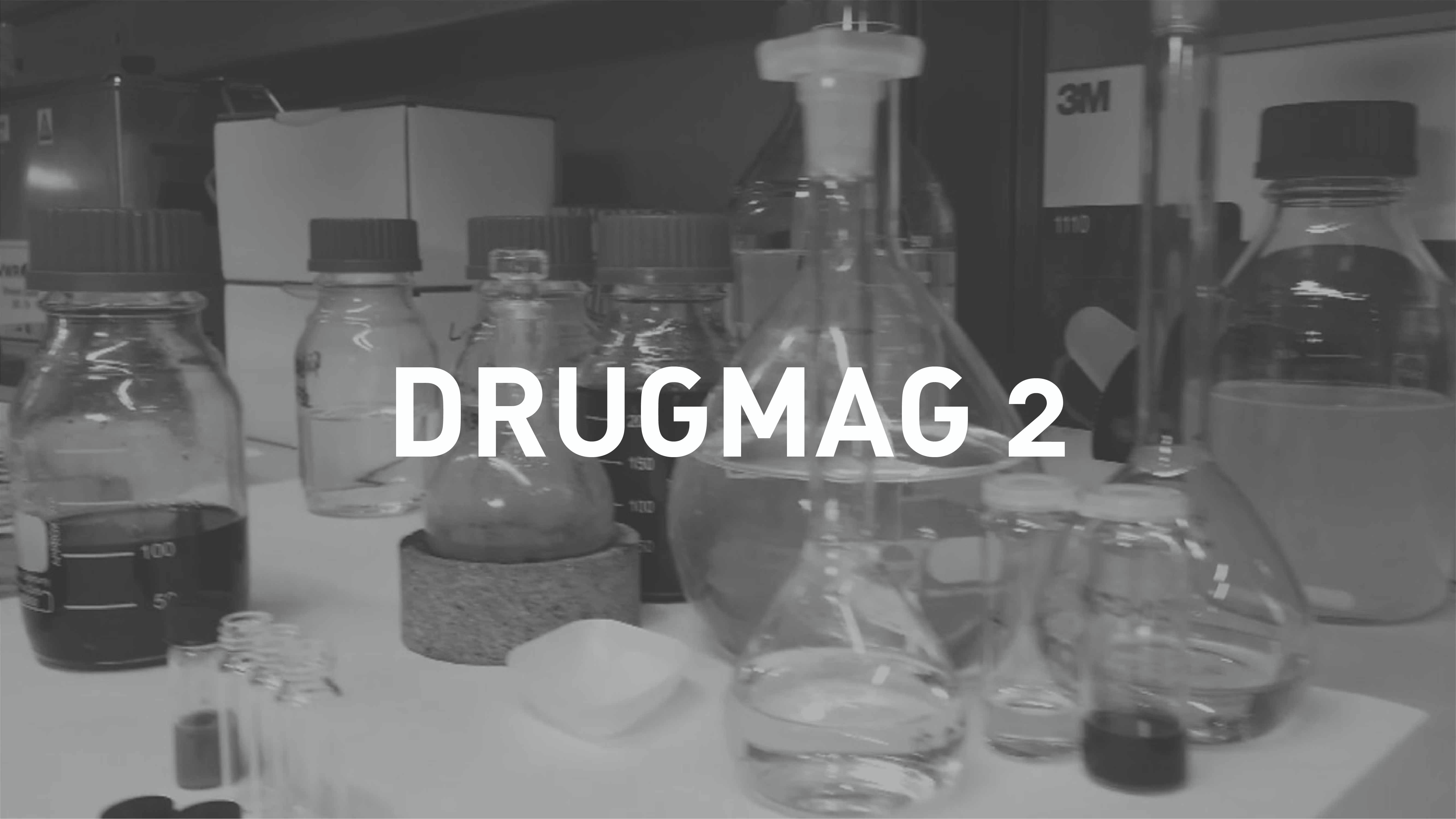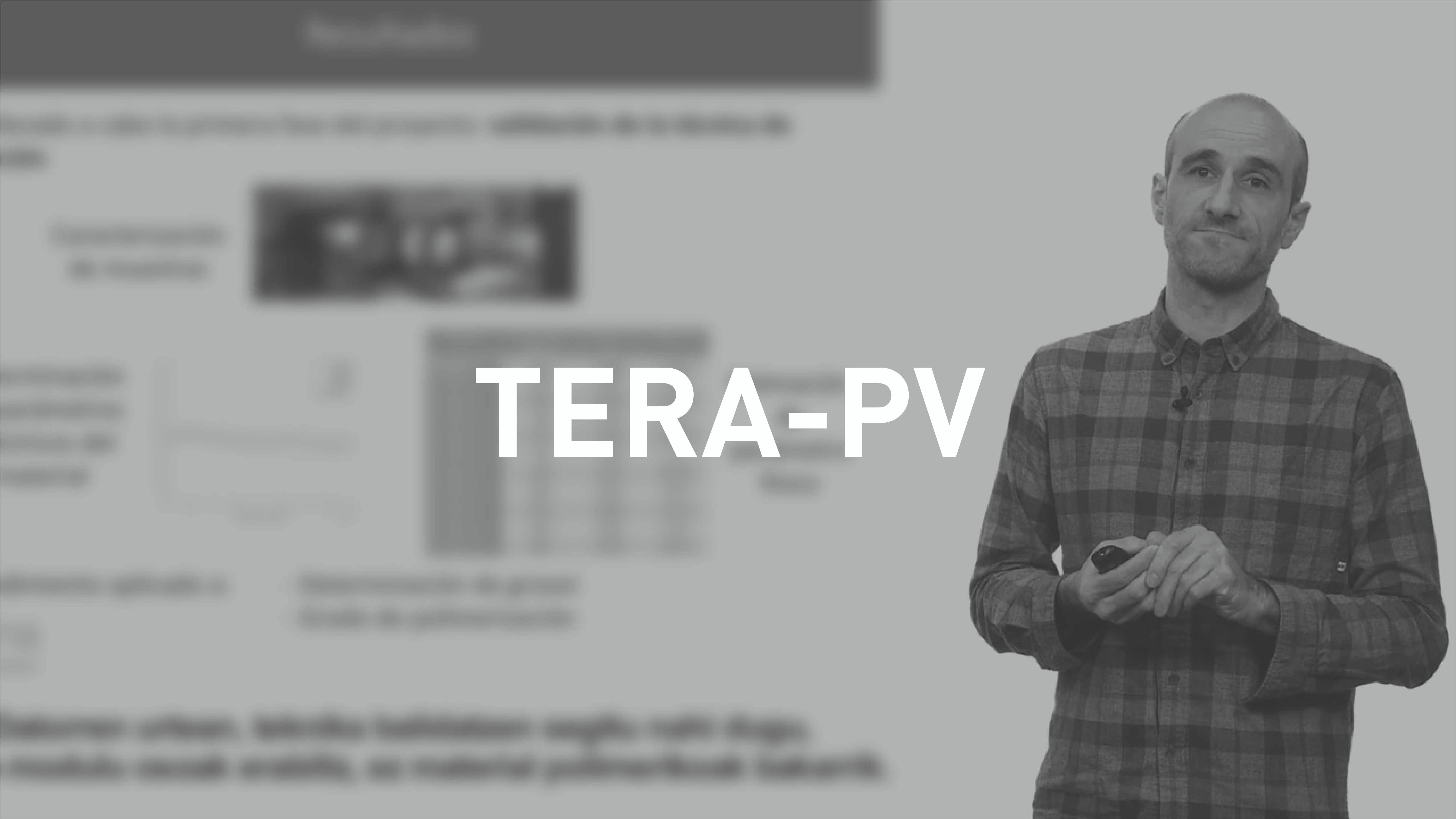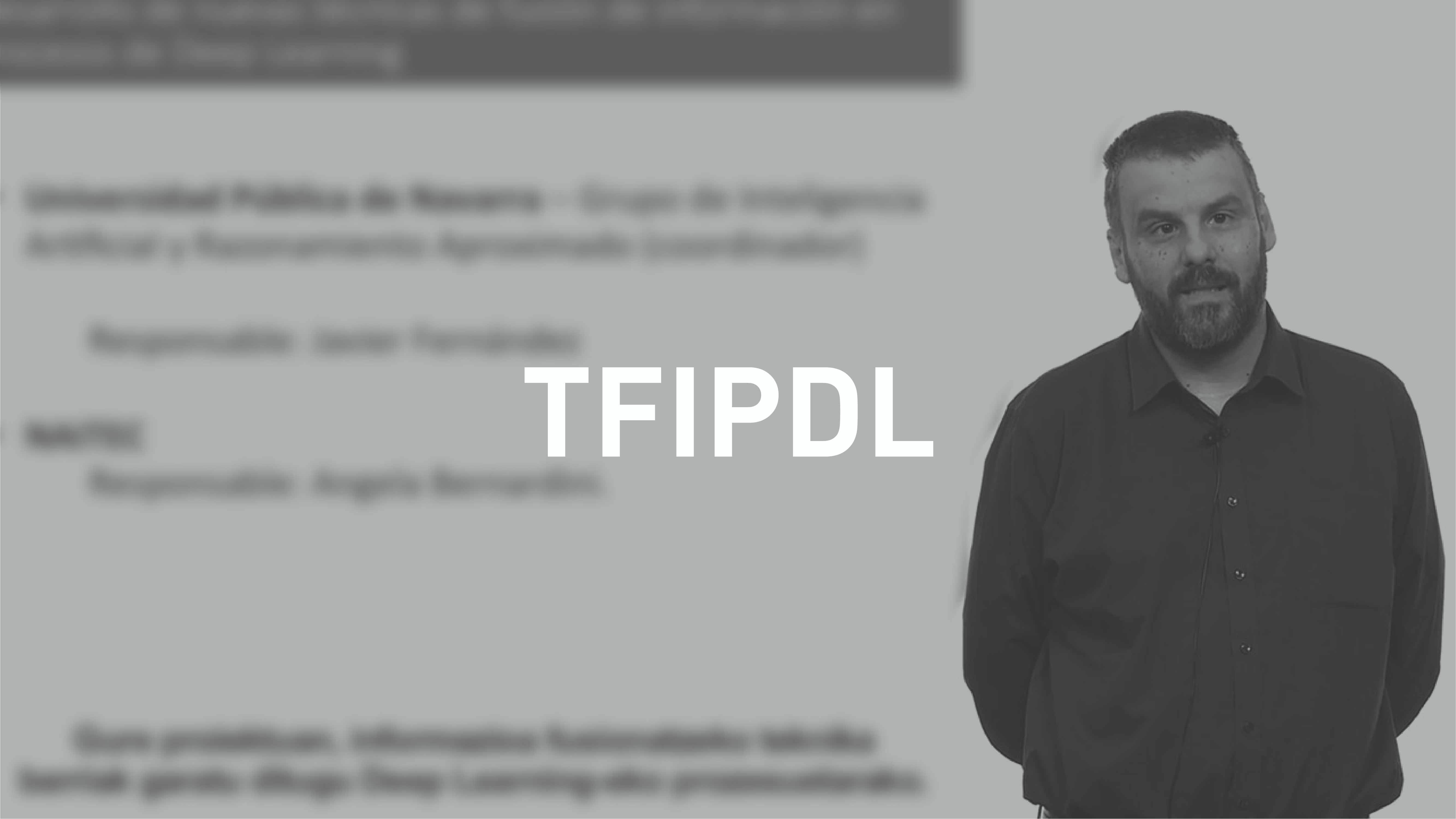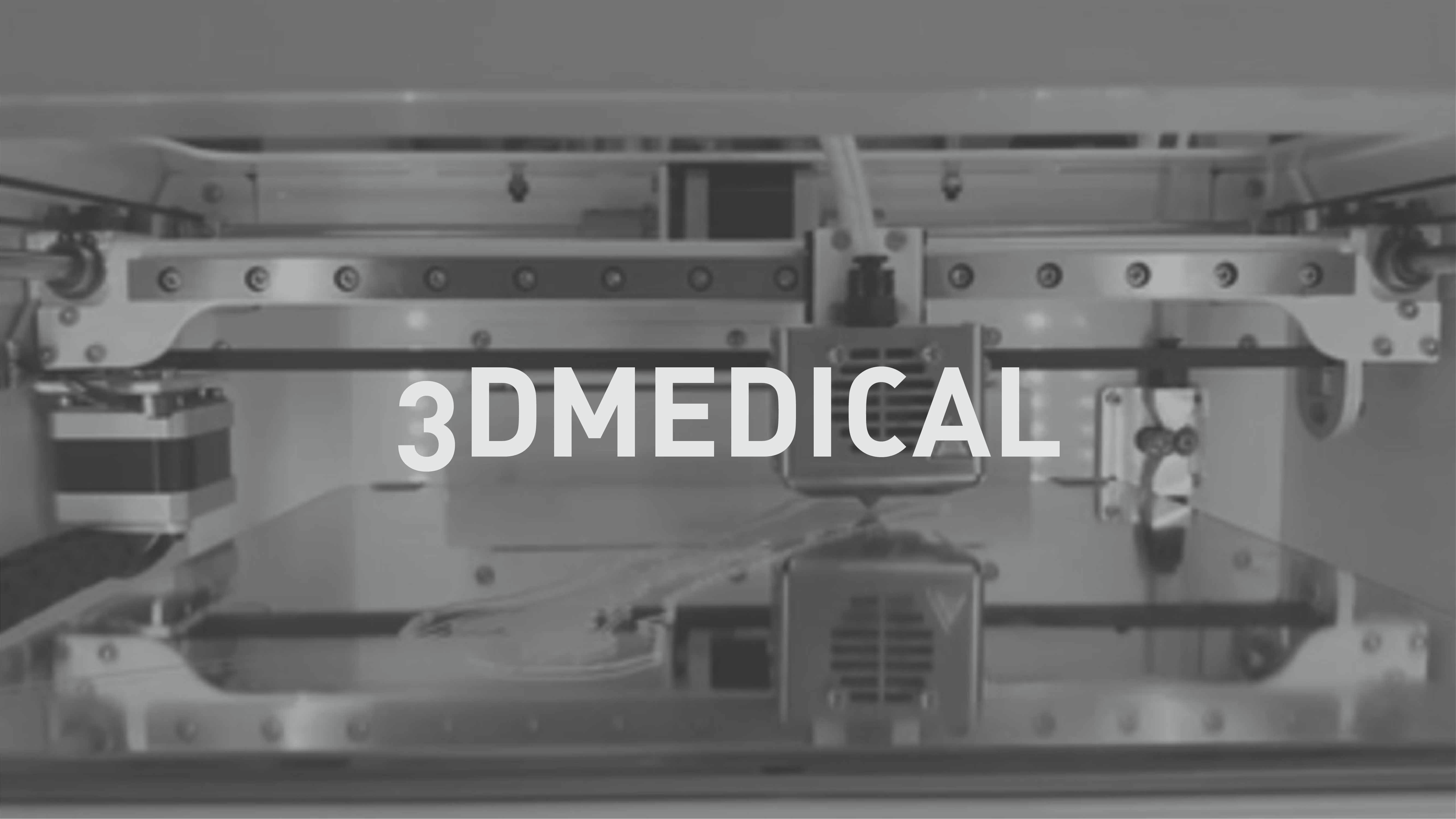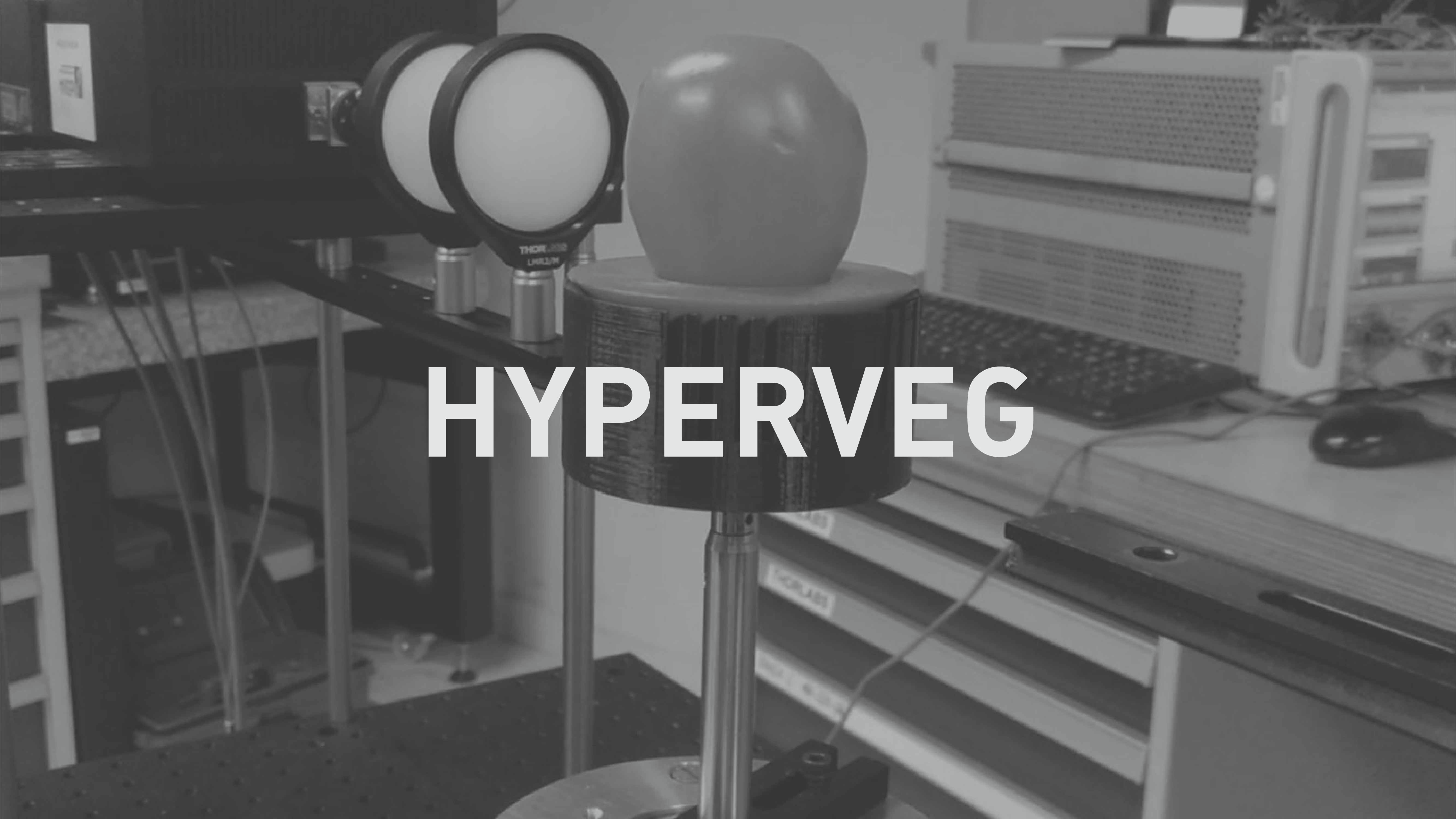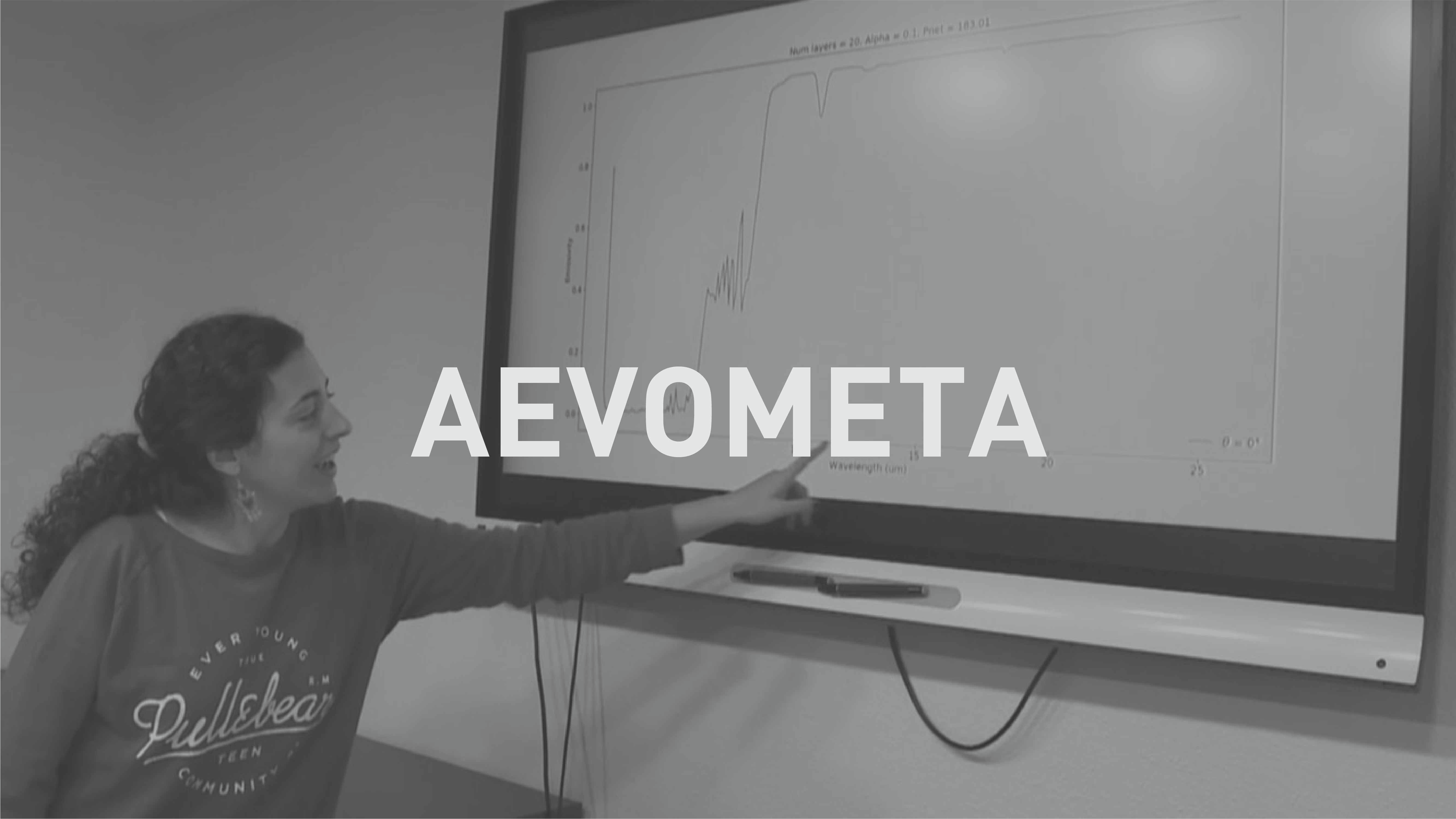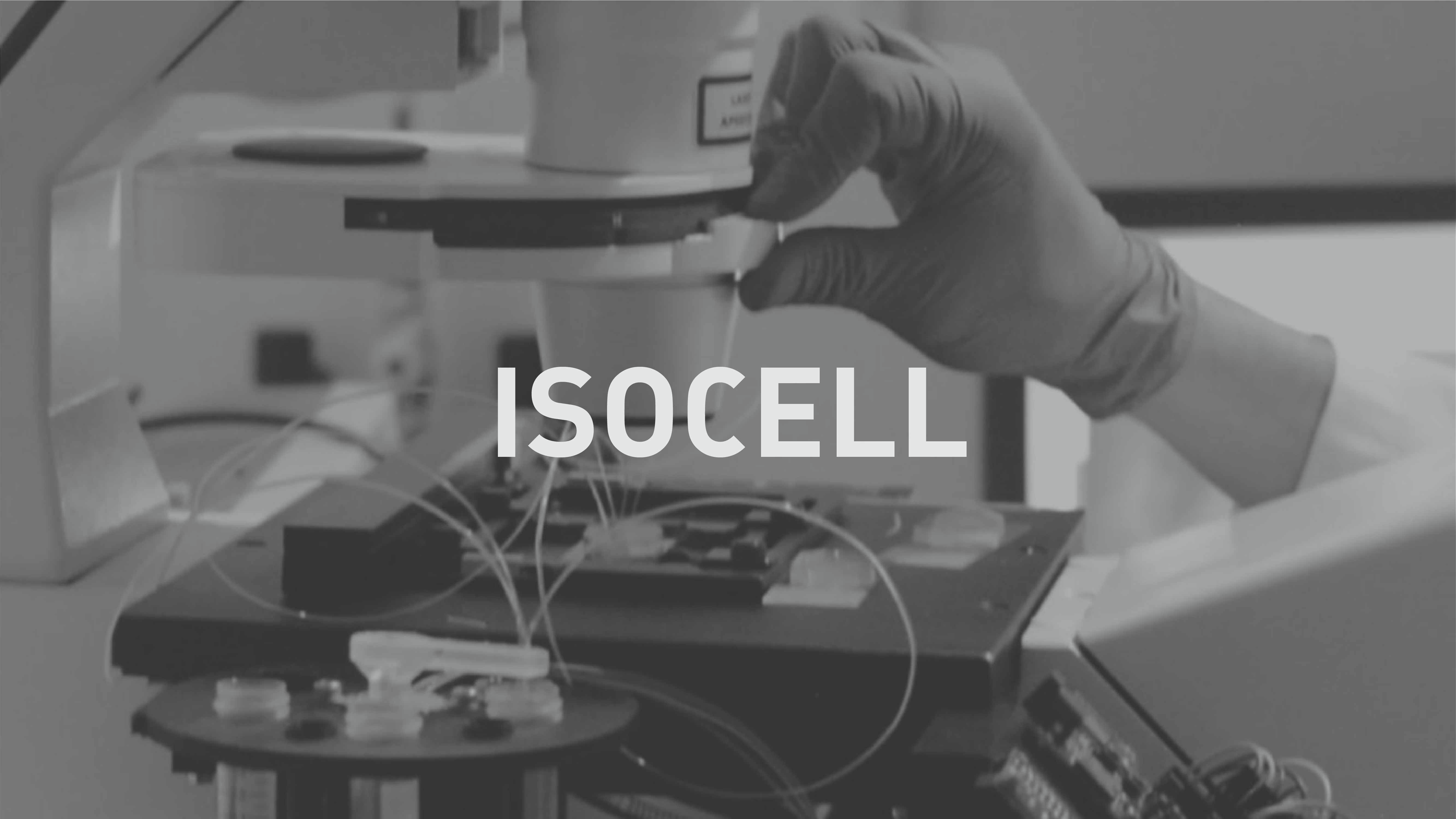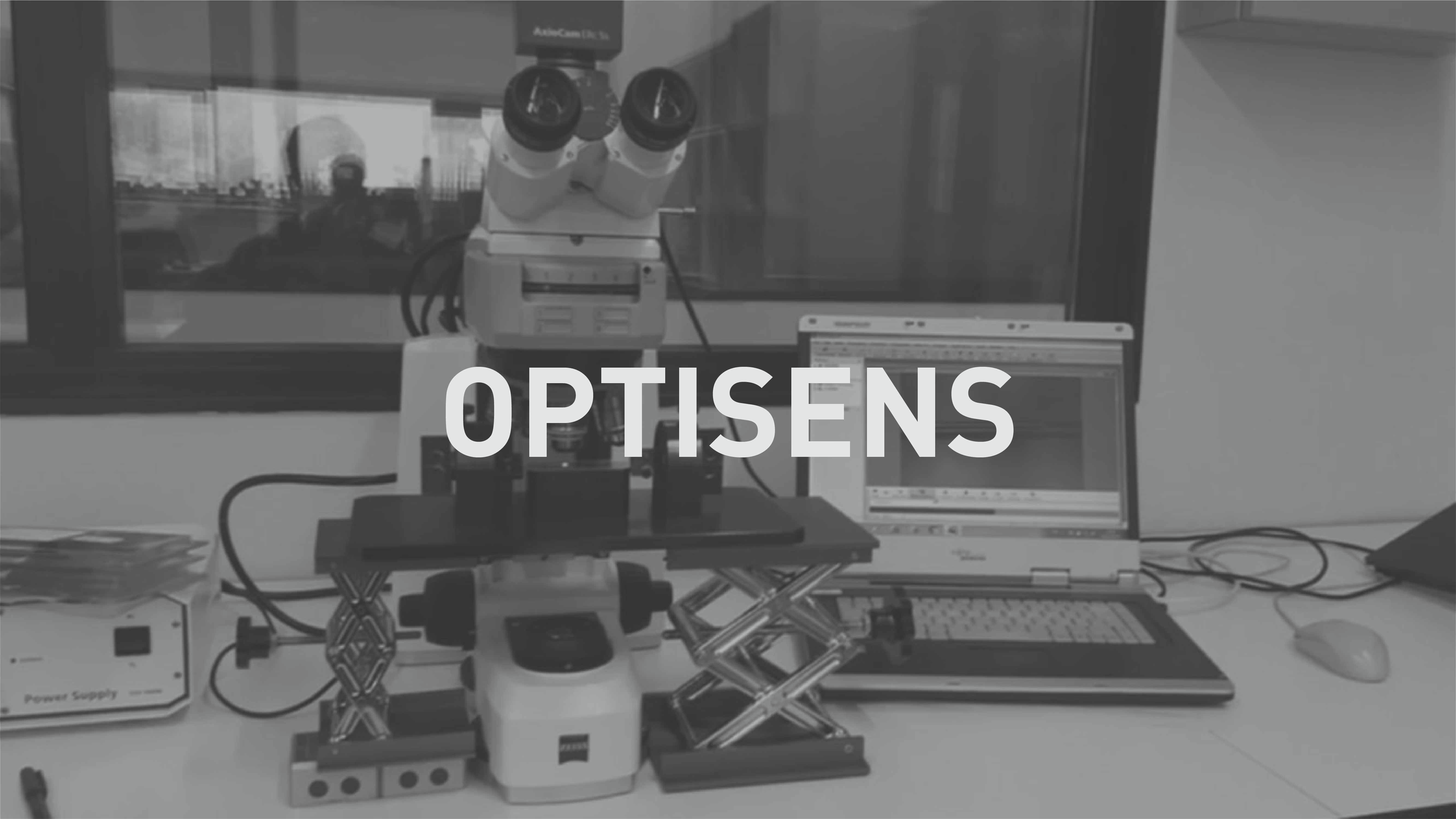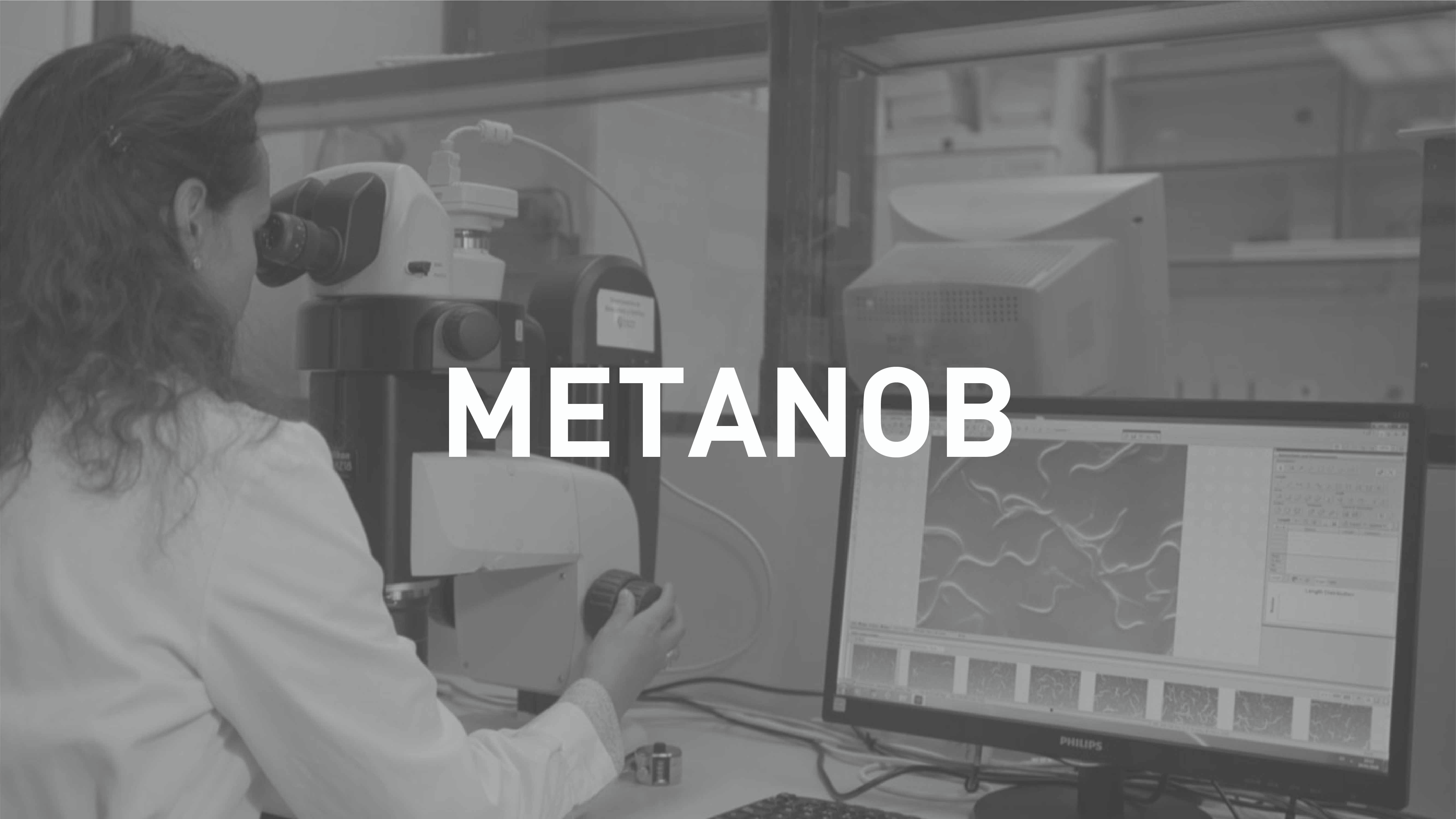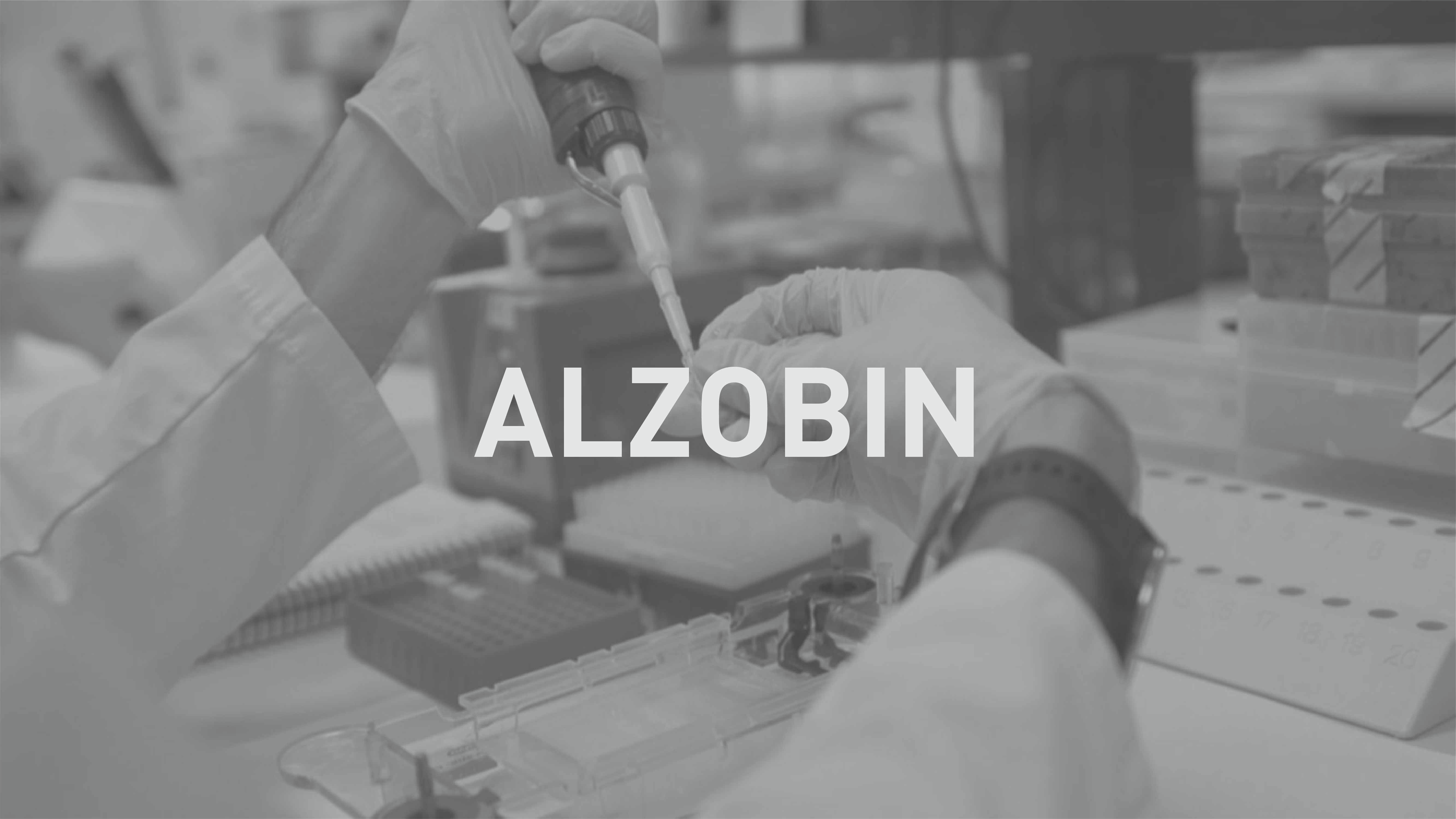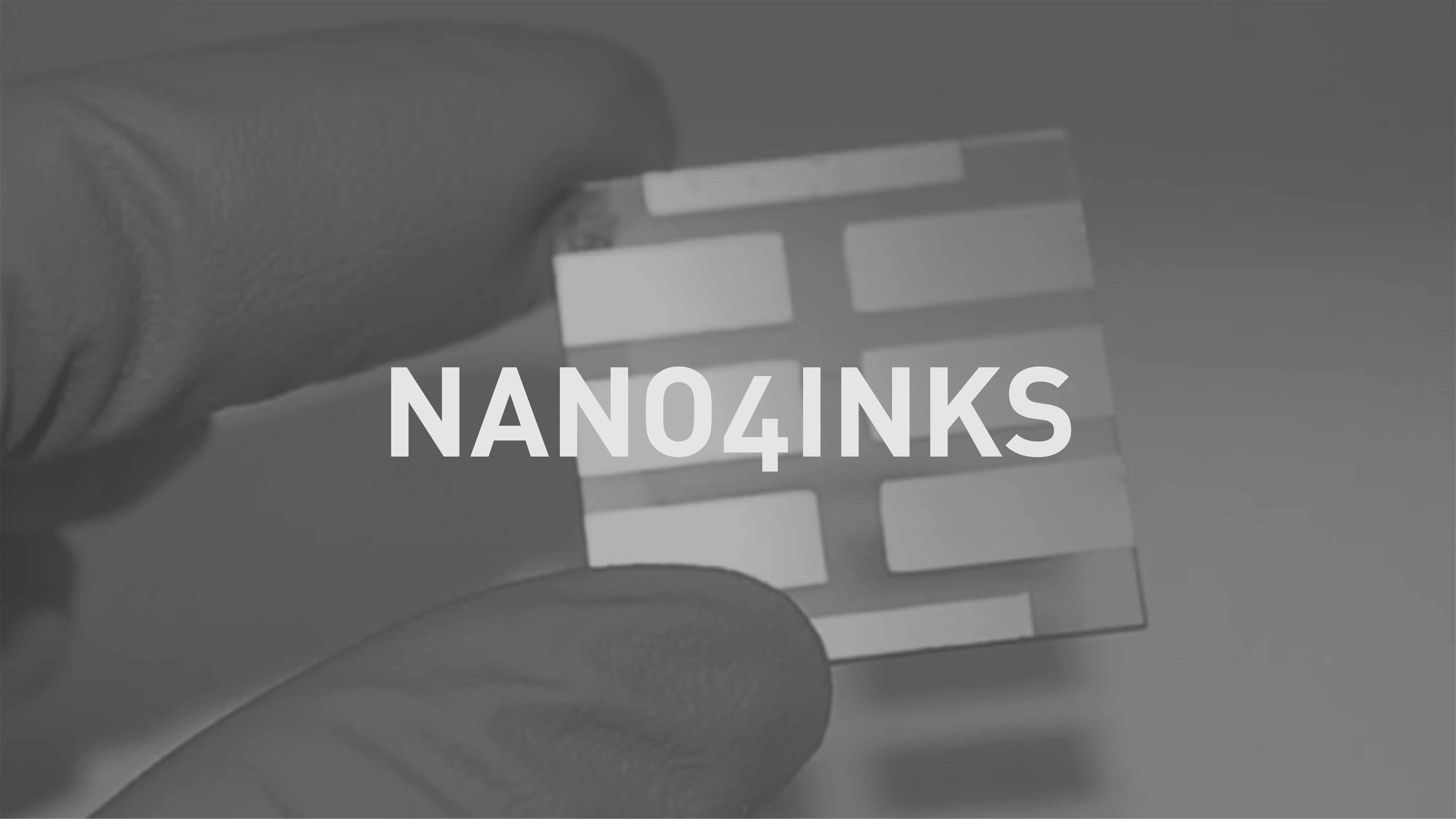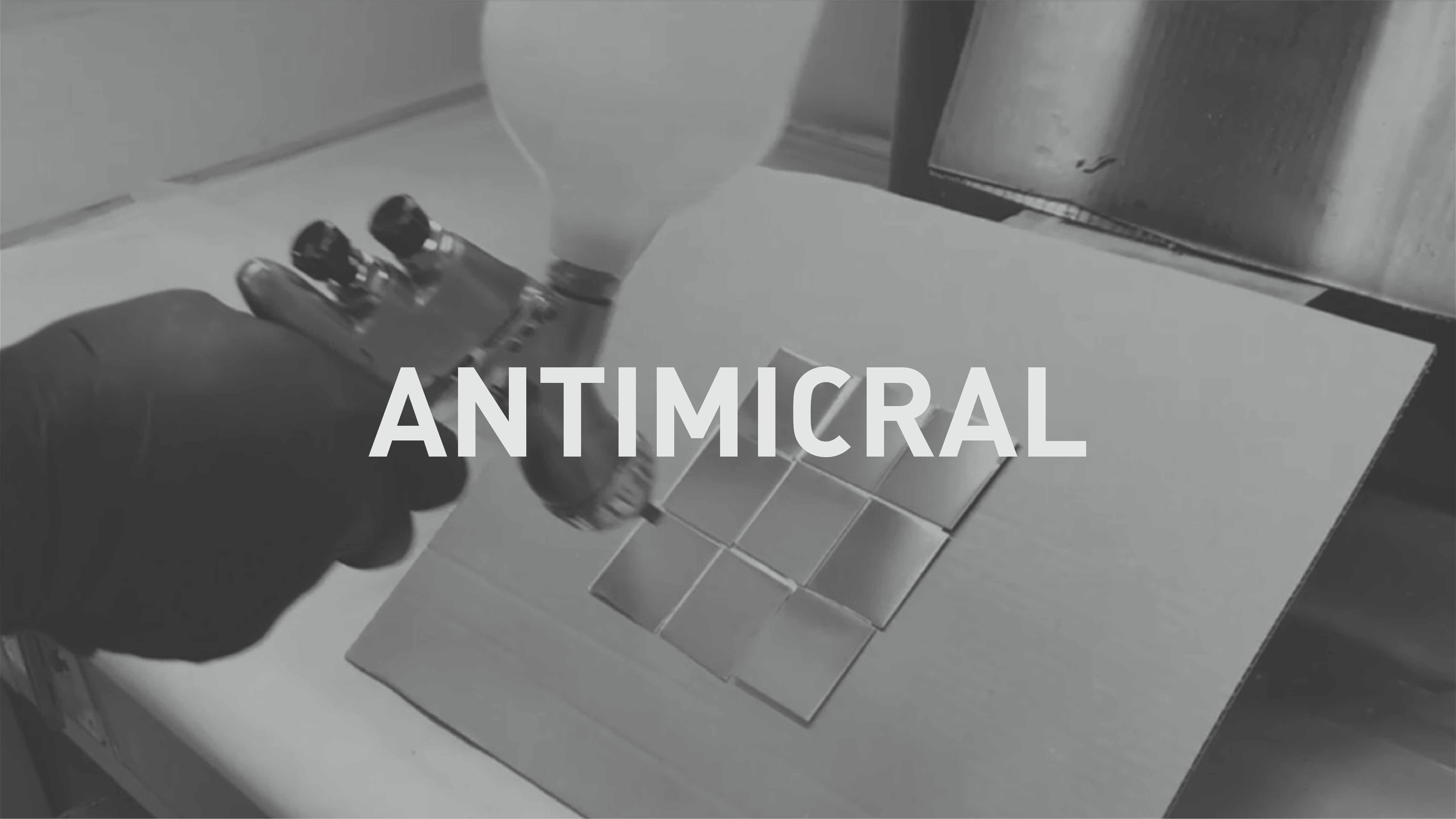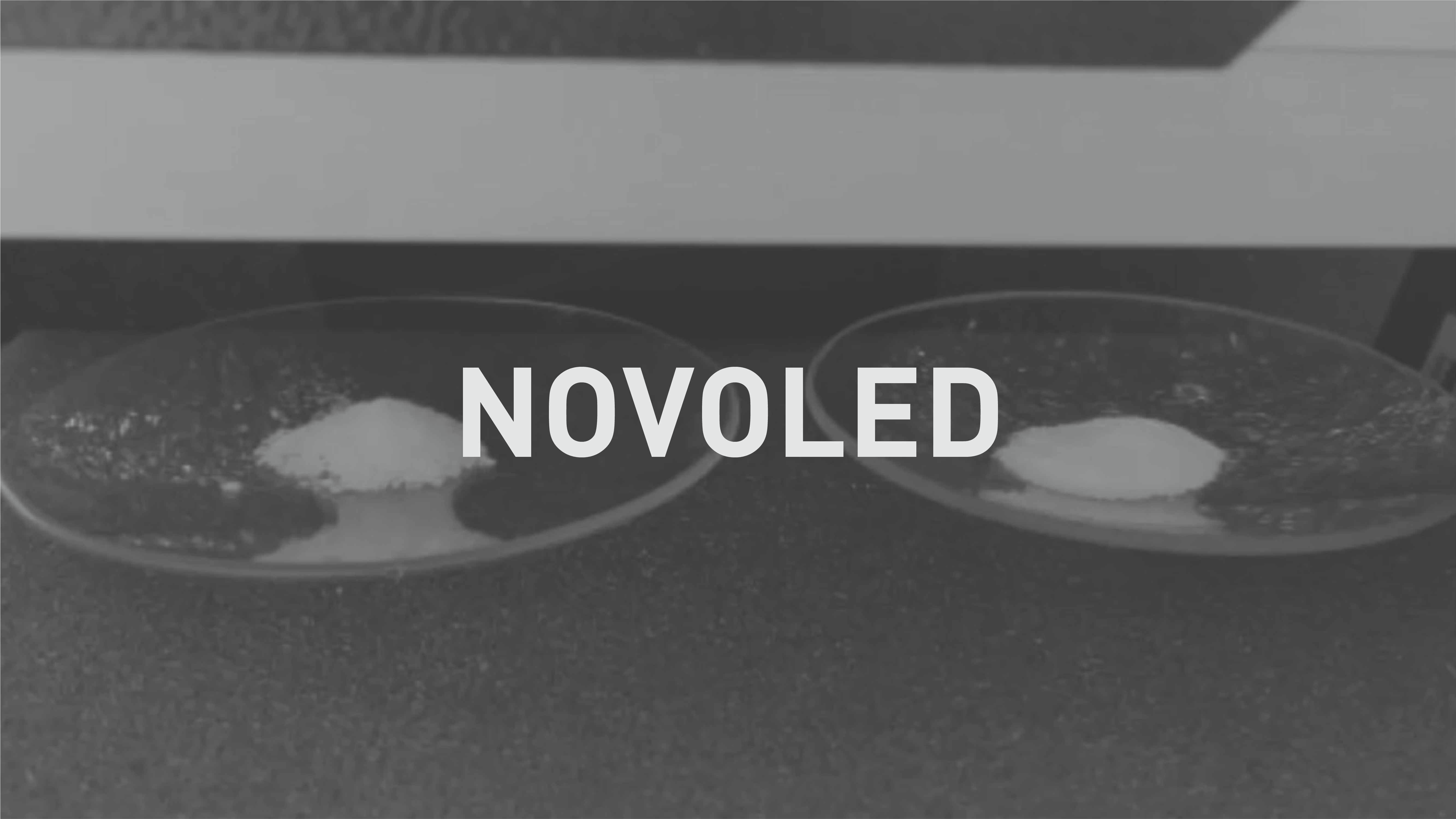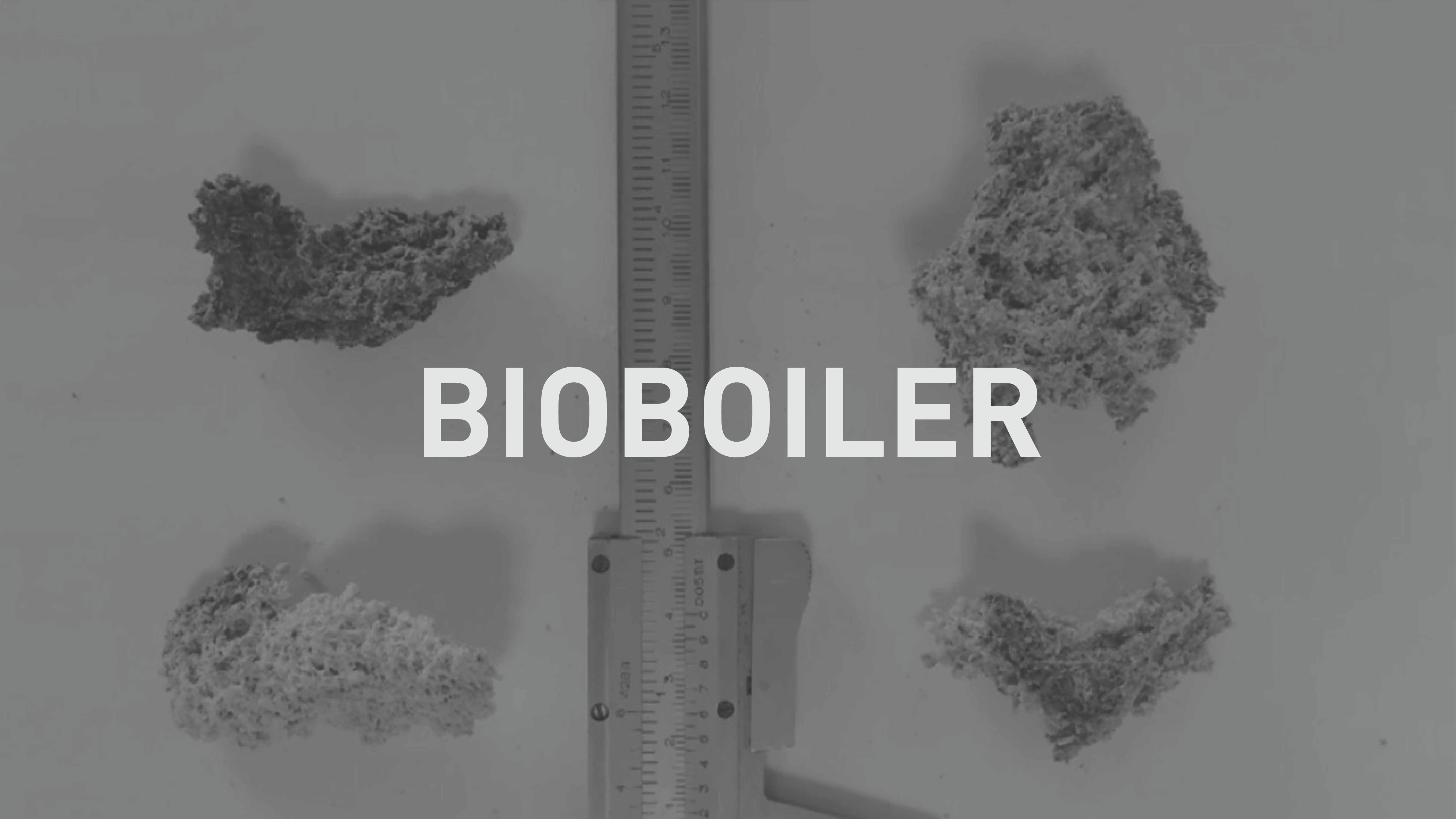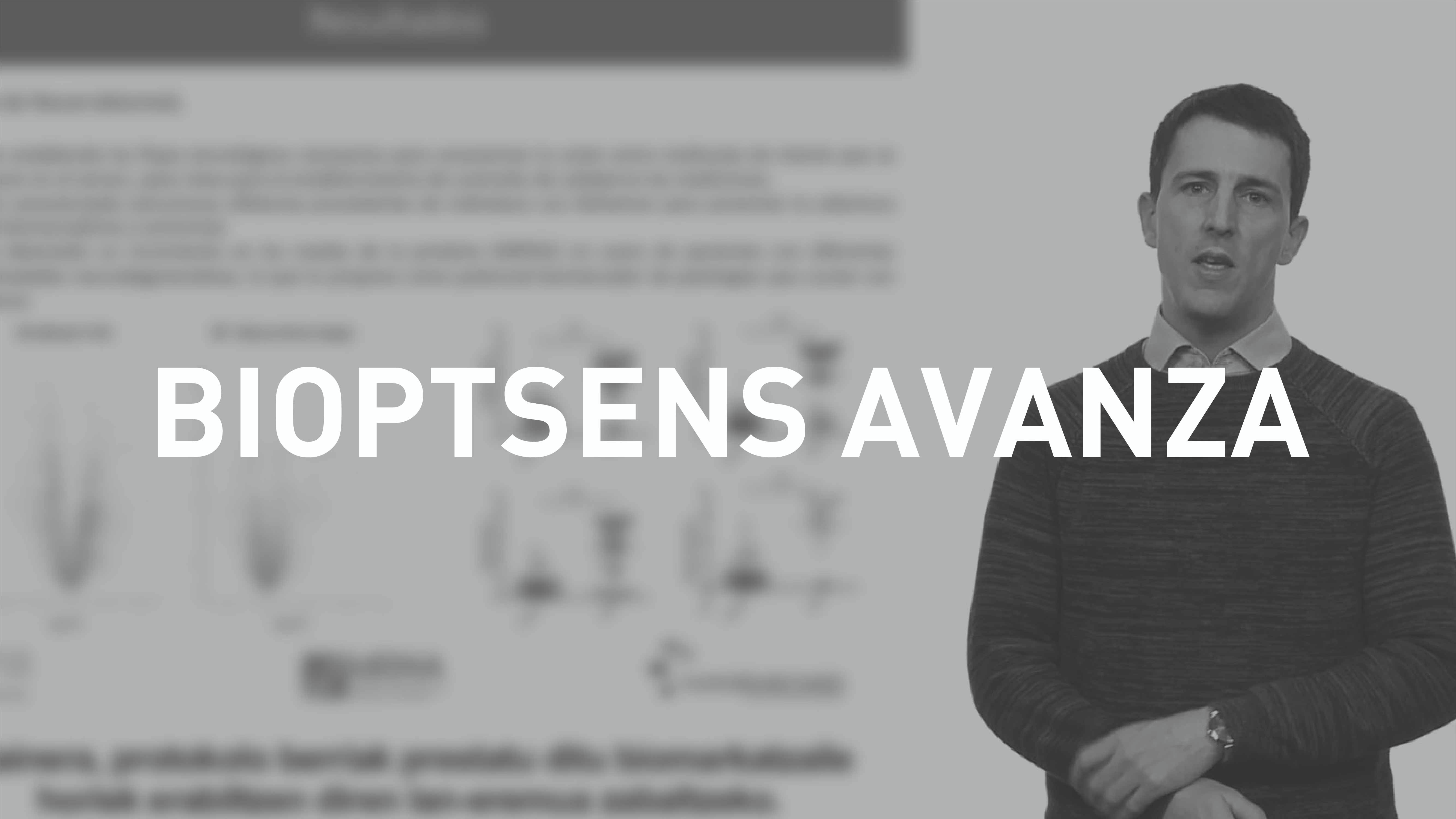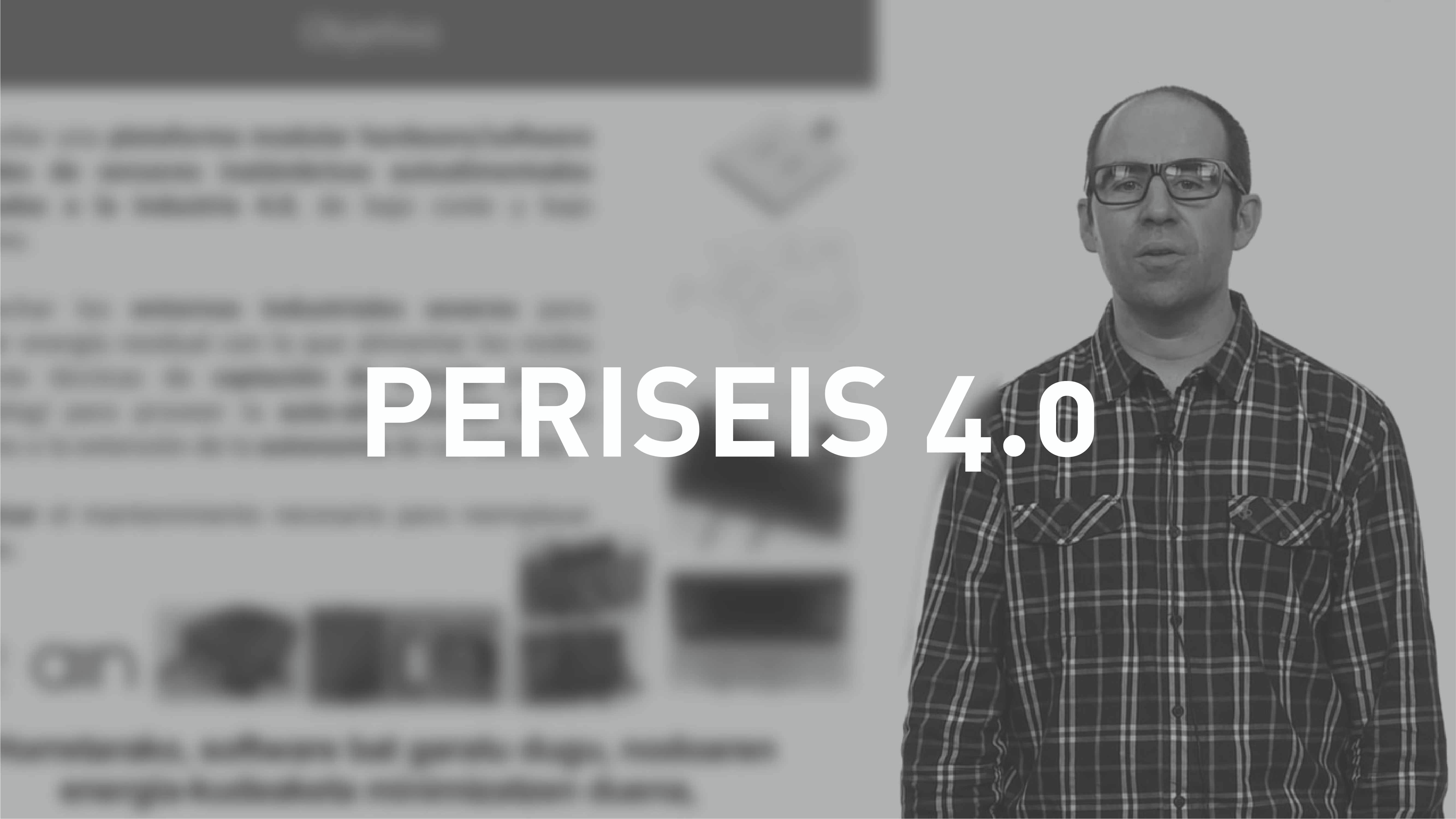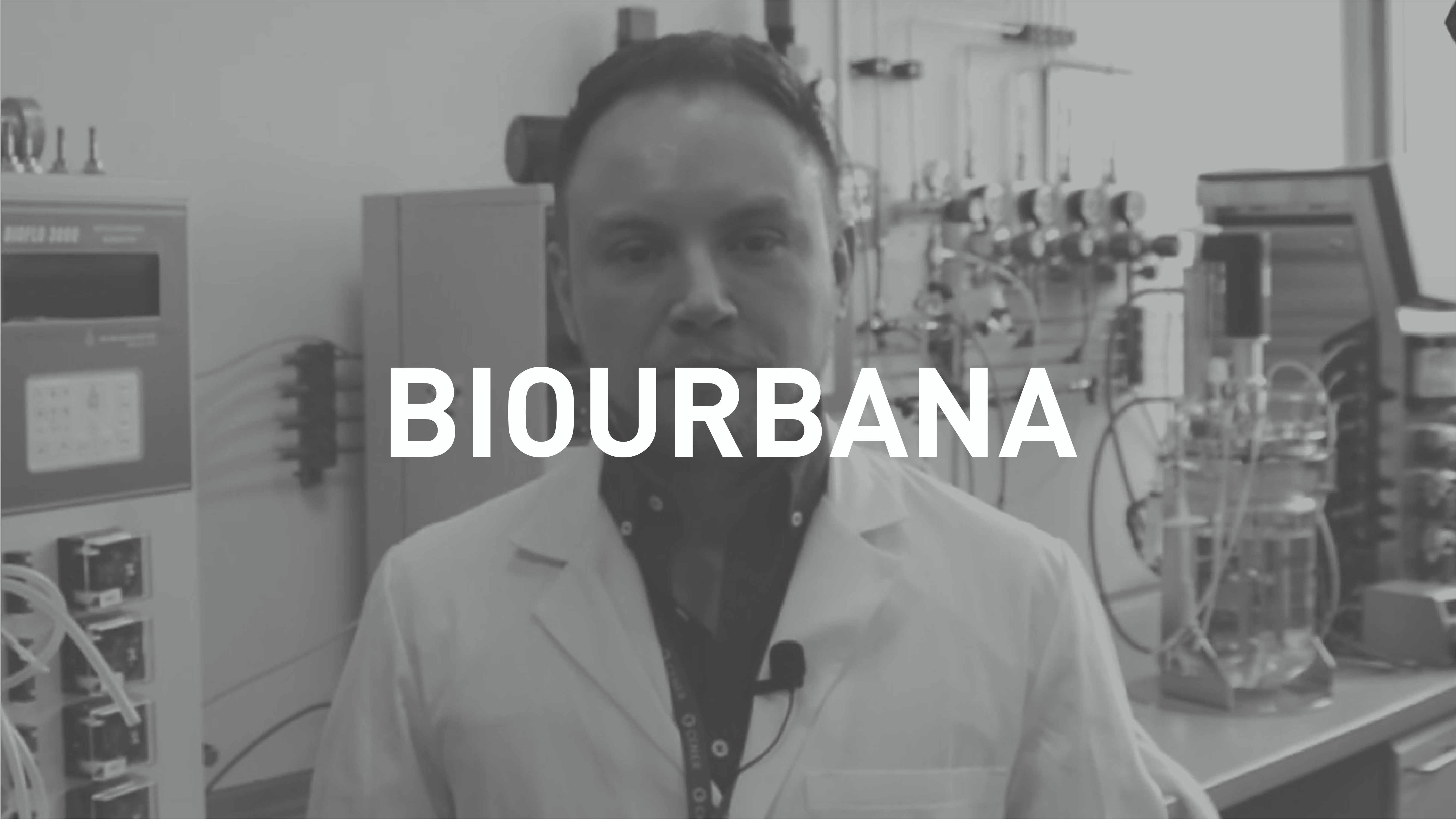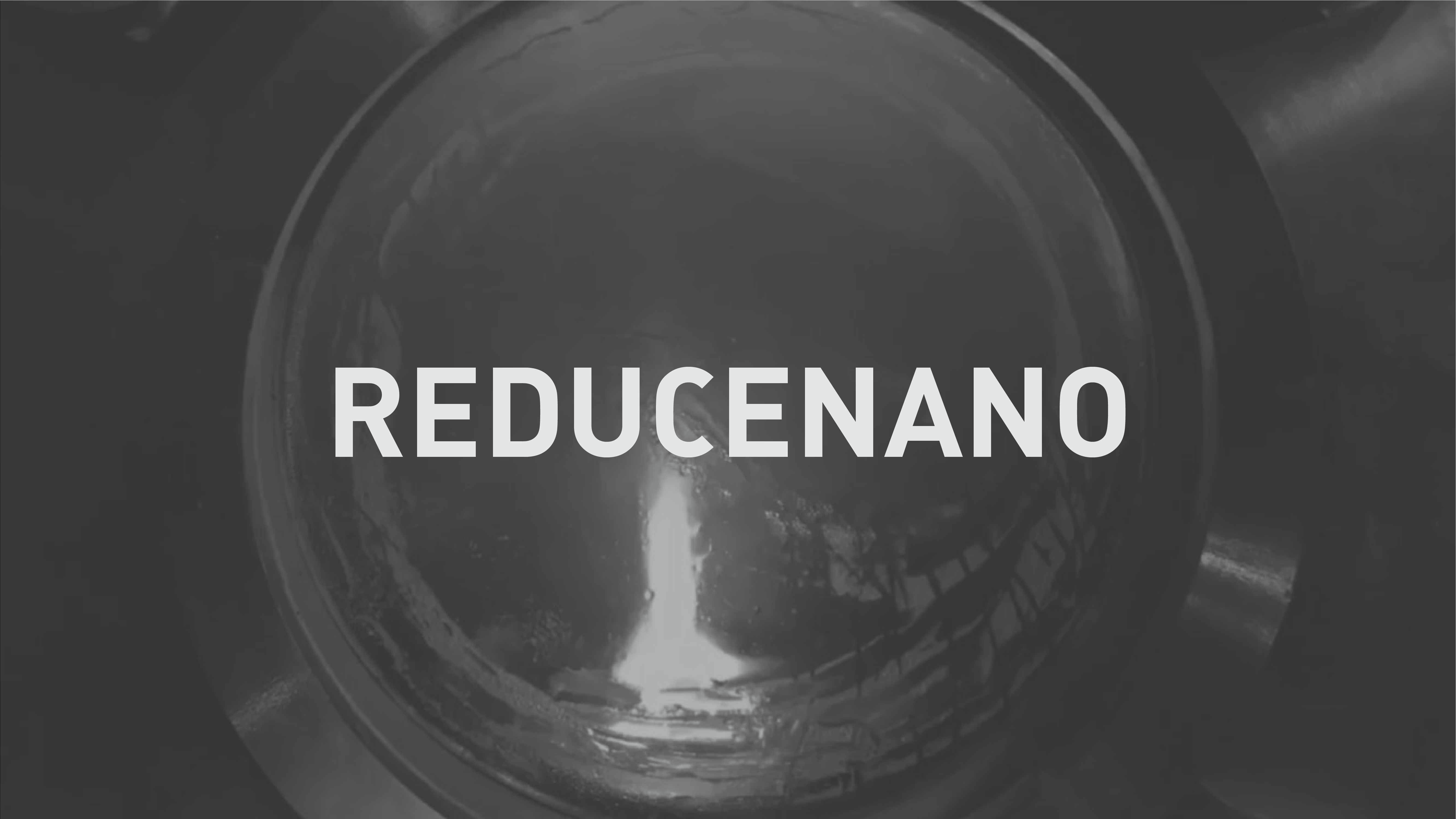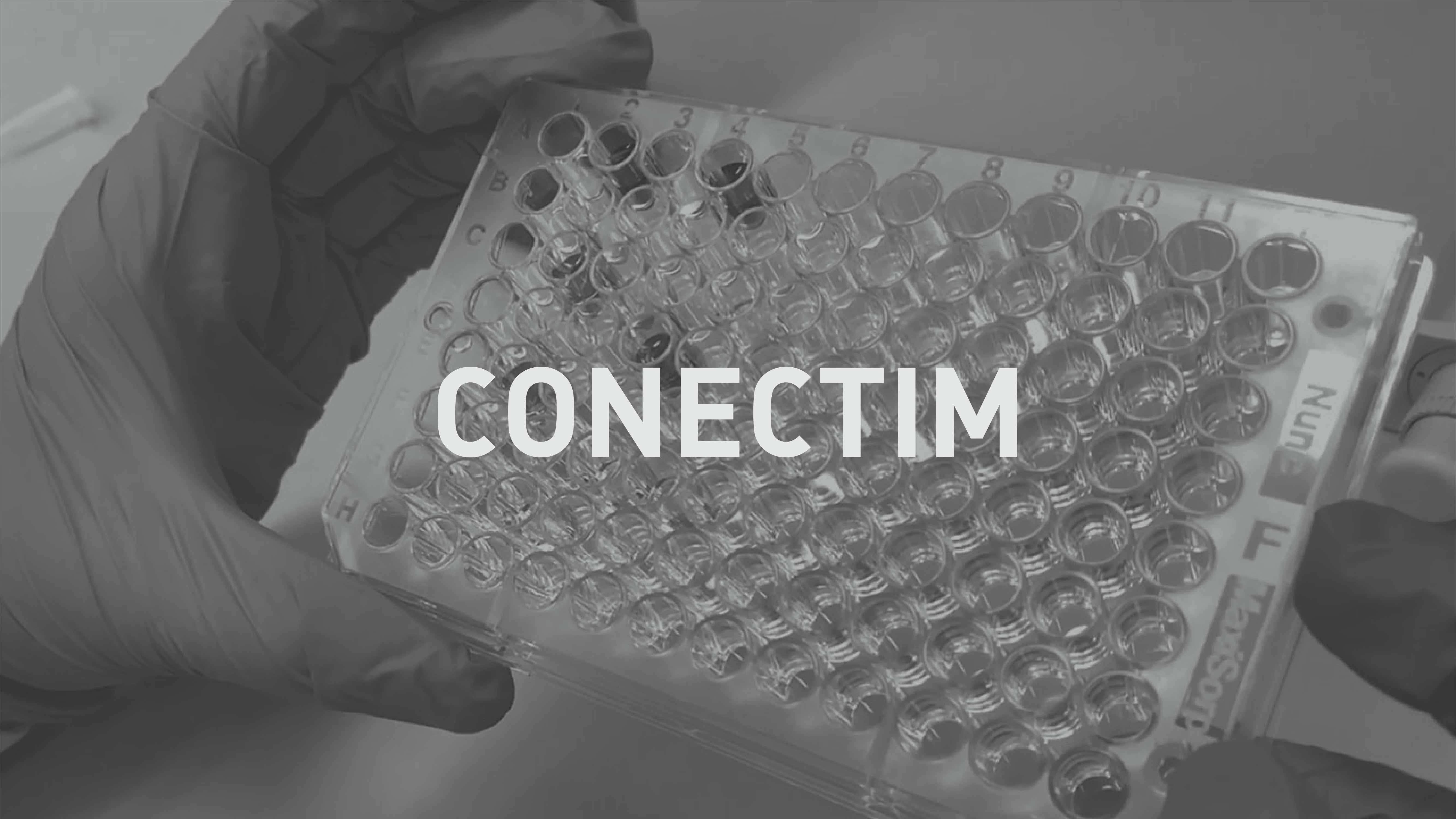The goal of the BACTOPROBES 3.0 collaborative project, financed by the government of Navarre, is to develop a quick diagnostic method for detecting live pathogenic bacteria in food that is reliable, low-cost and easy to use and that improves upon current methods and validate the method in the food industry.
The results obtained by the researchers at IdAB-CSIC and CNTA for the BACTOPROBES 3.0 collaborative project have made it possible to patent a novel detection method based in plasmon resonance on gold nanoparticles functionalised for detecting specific nuclease for certain pathogenic bacteria.
The method has several competitive advantages over existing methods, among which are notably the ease of use and low cost of the tests. Furthermore, it has the advantage of only detecting live bacteria capable of producing the nucleases mentioned above.
The collaboration between the researchers at CNTA and CSIC-IdAB on this project made it possible to detect salmonella and staphylococcus aureus in food and we hope it can be extended to other significant bacteria like listeria monocytogenes.
Putting this technology on the market will make it possible to put Navarre R&D in an important place in the quick diagnosis of pathogens and be able to develop a multitude of applications in the fields of veterinary medicine, agrofood and biomedicine.



